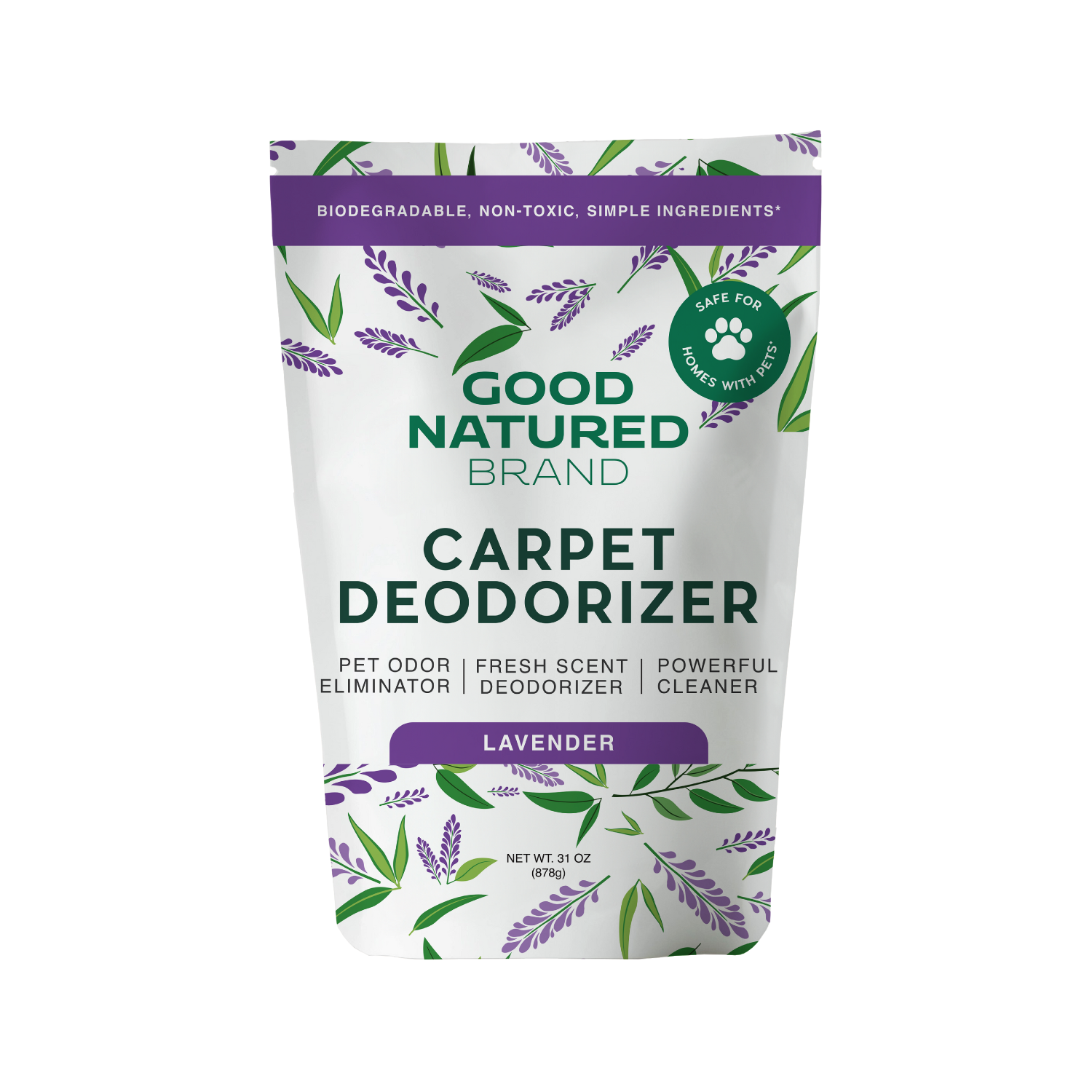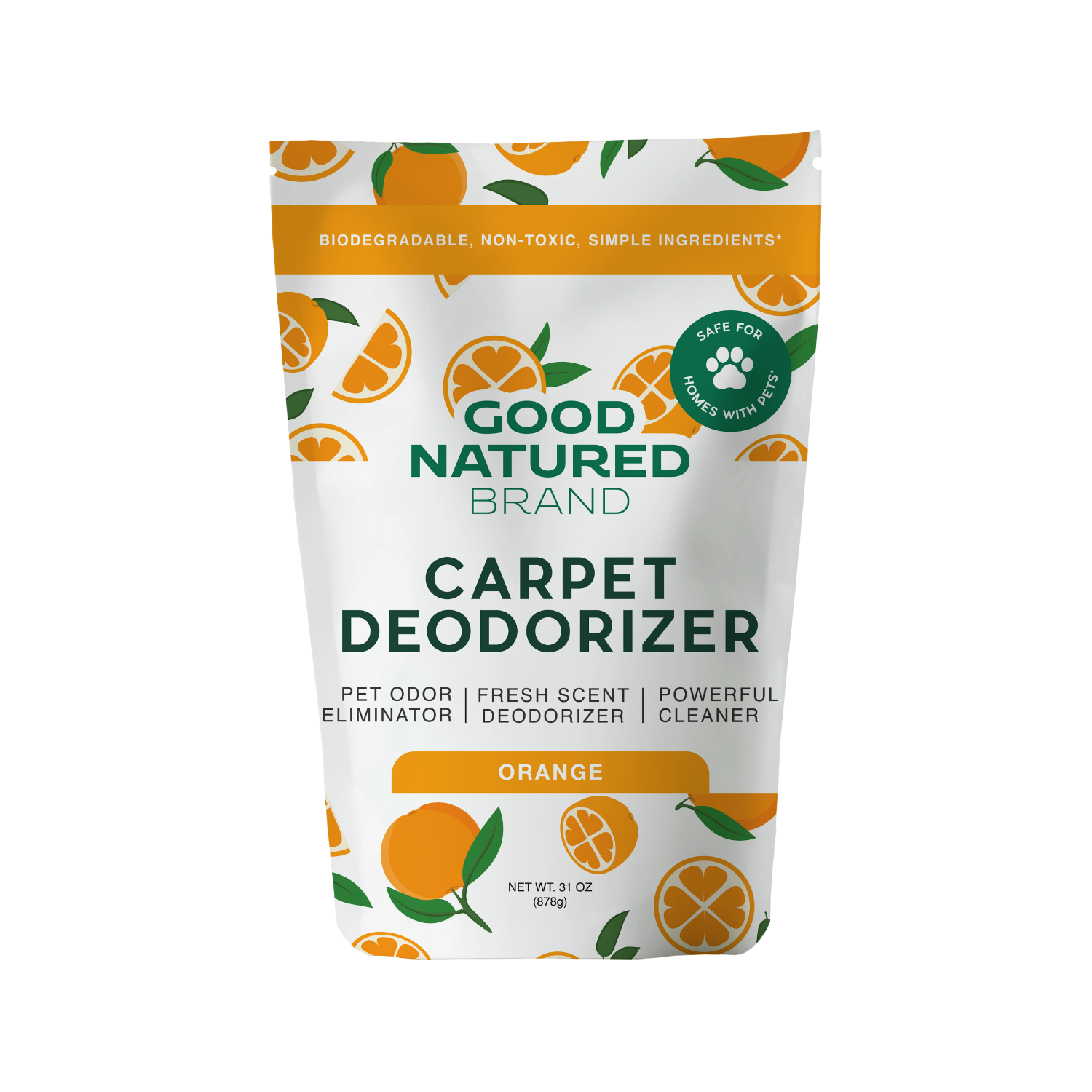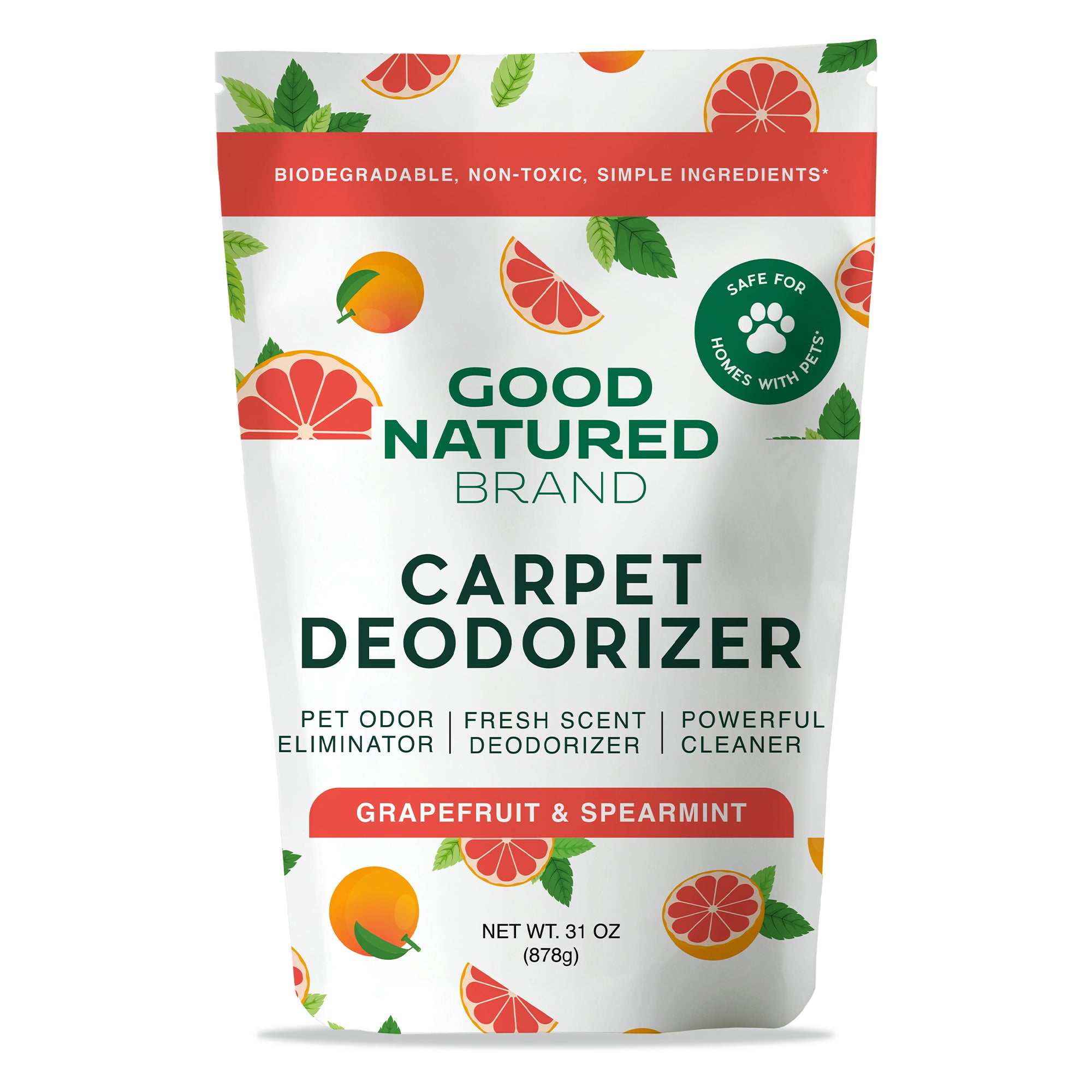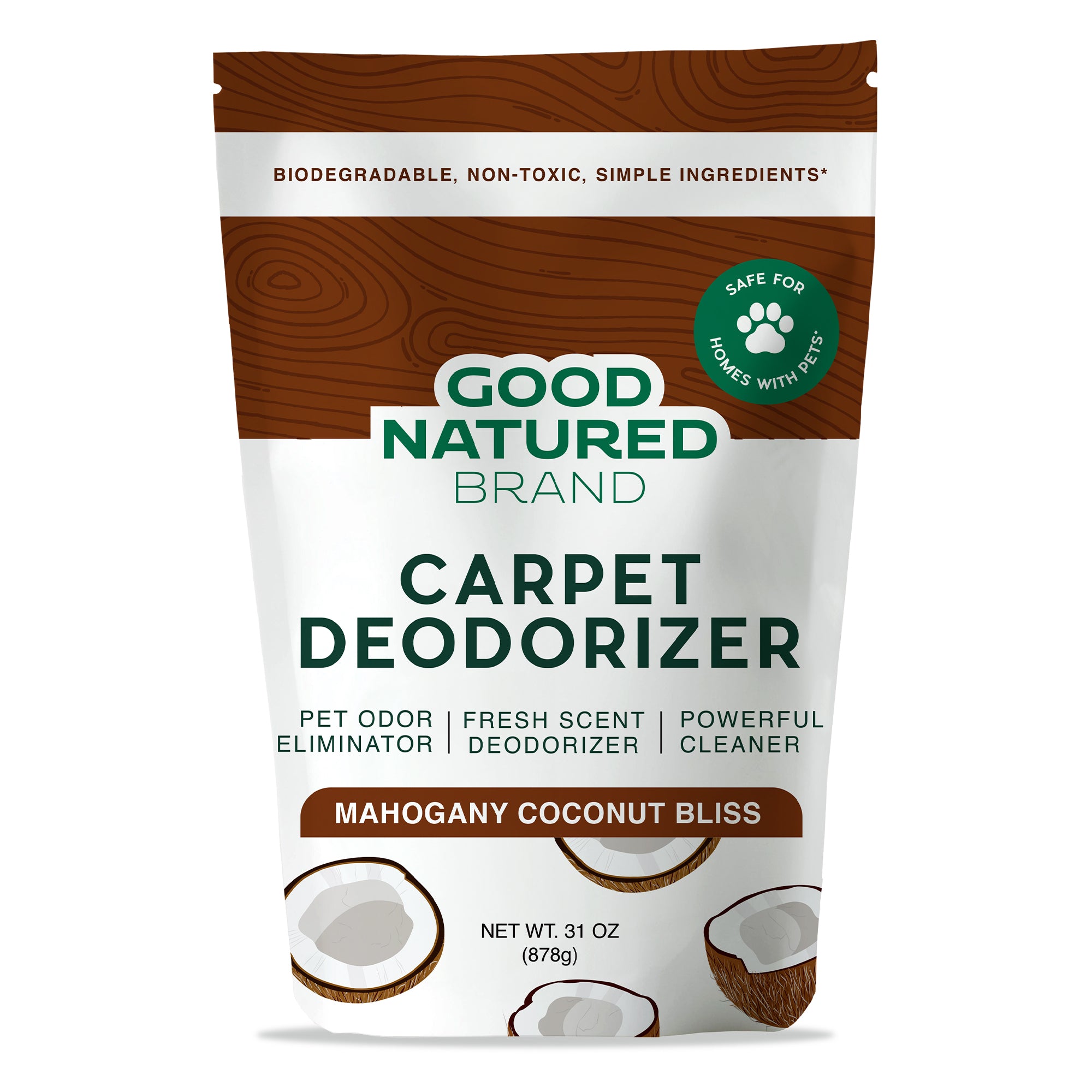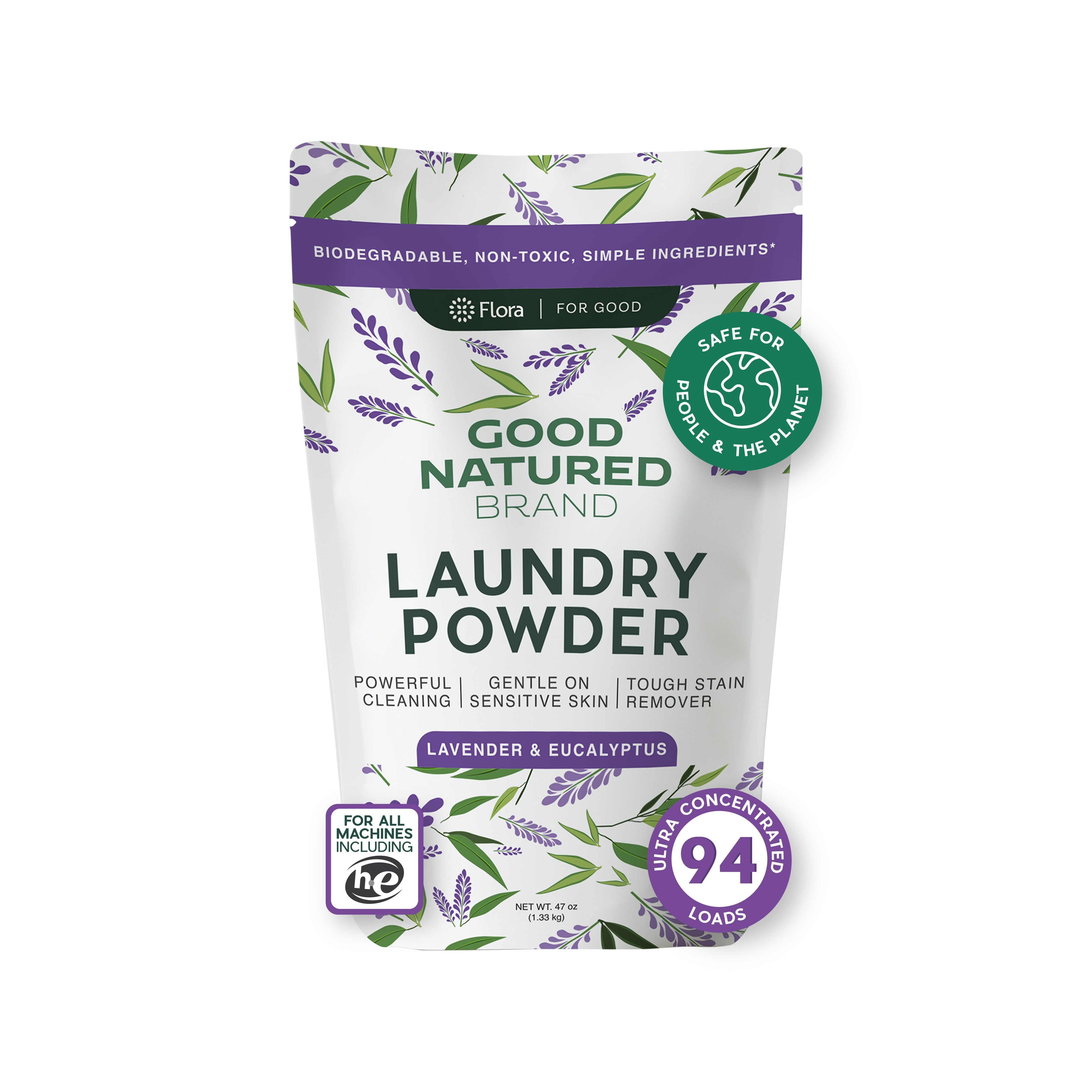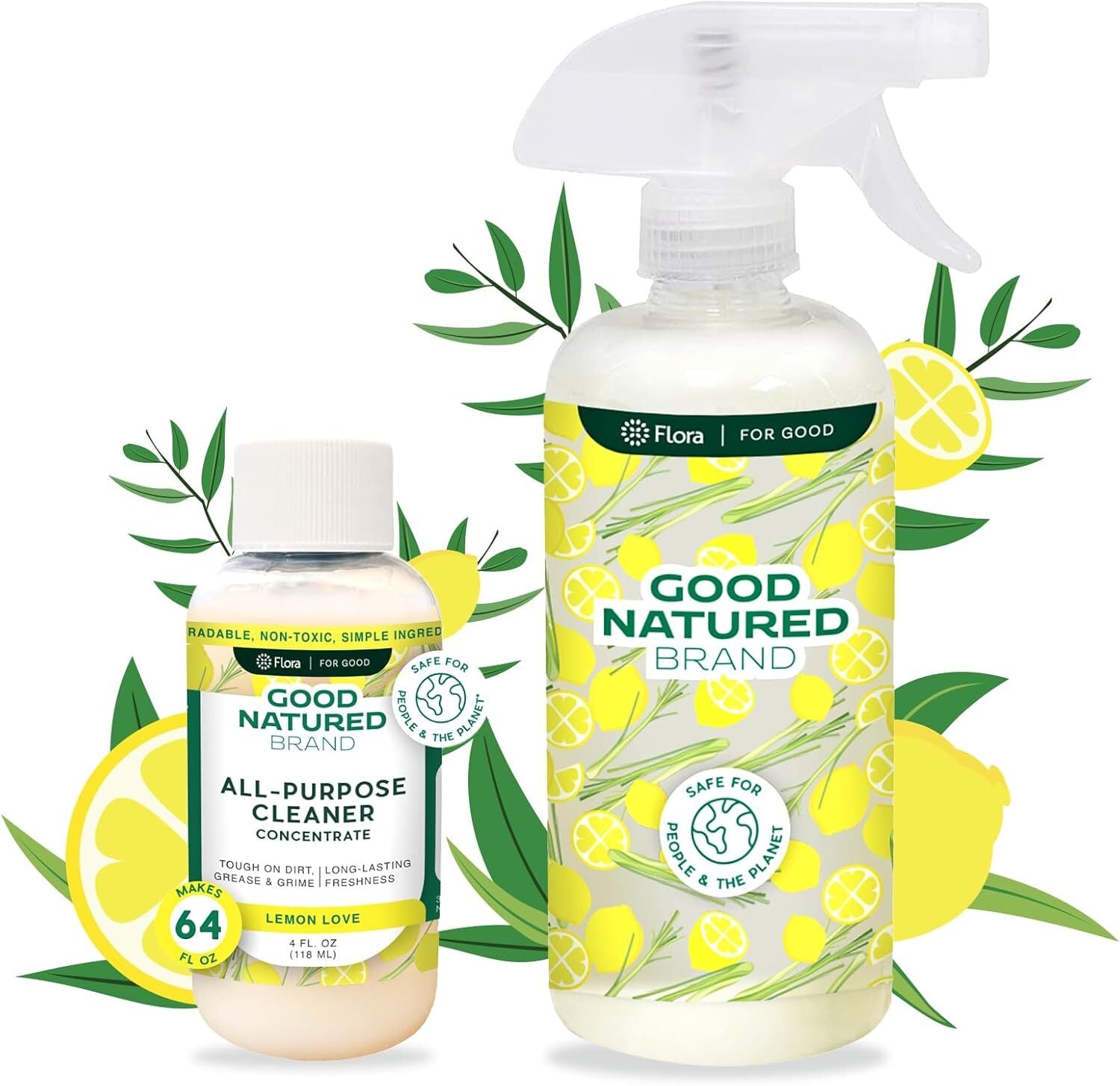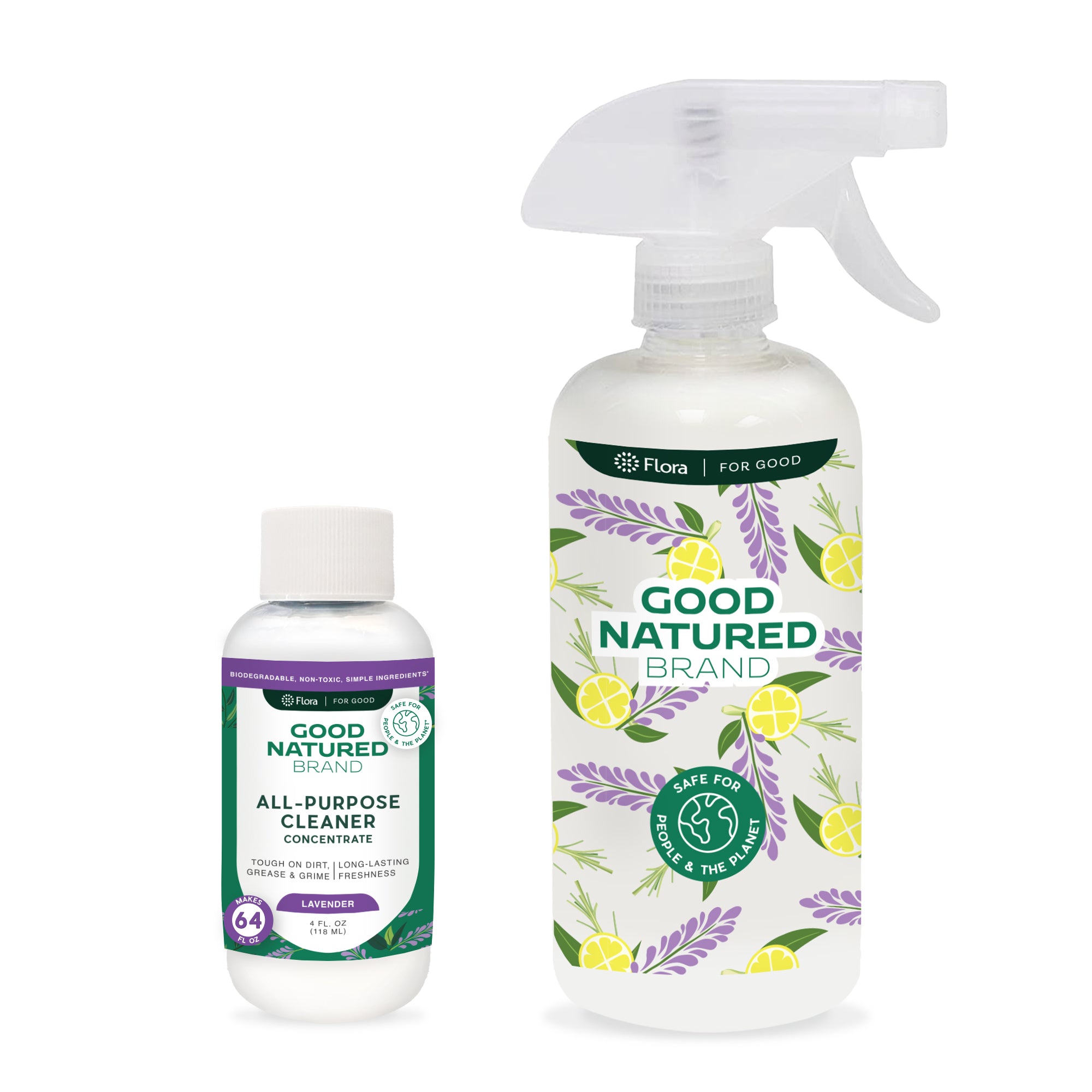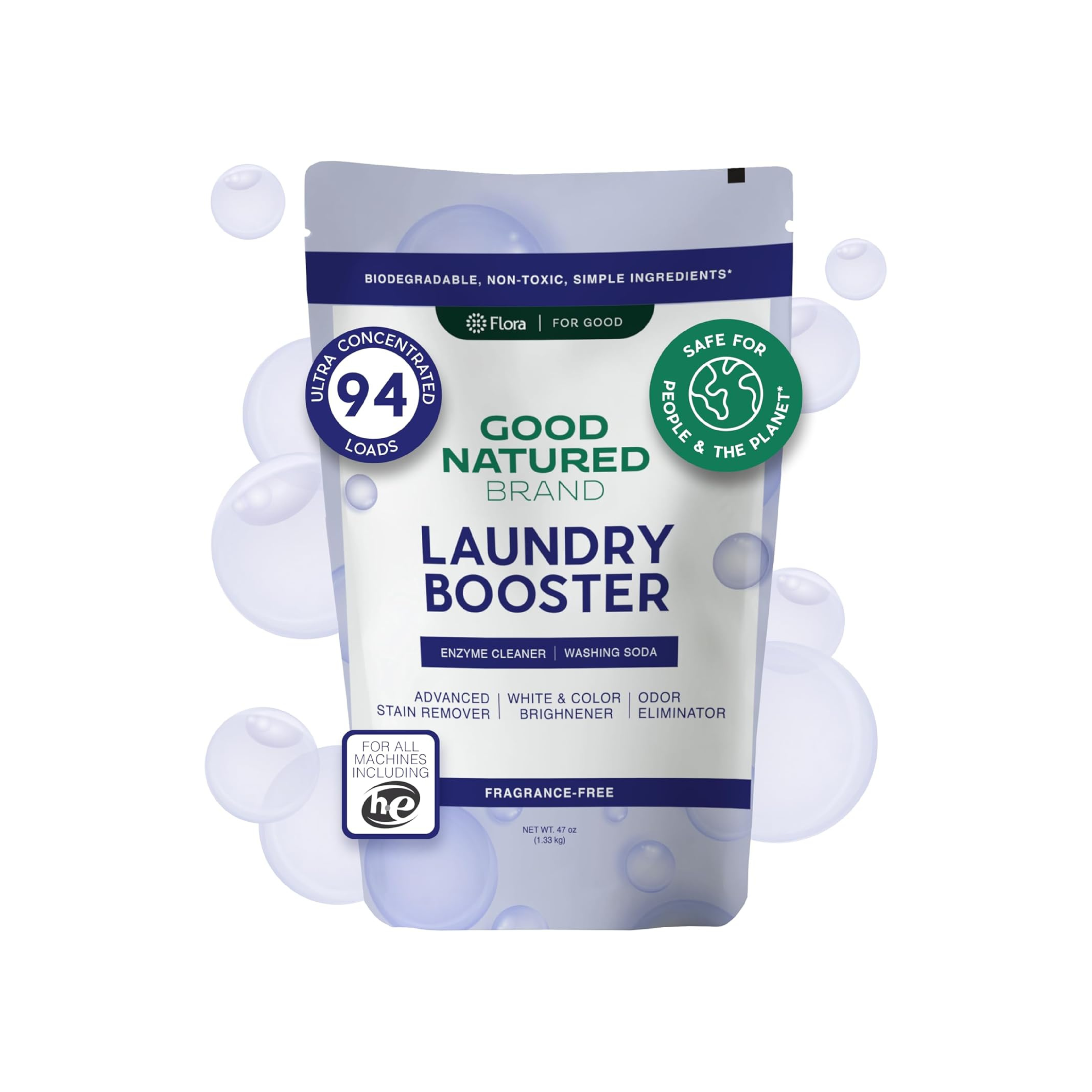Understanding your dog's health is essential for any pet owner. One of the more common issues that many dogs face is allergies. Just like humans, dogs can suffer from allergies triggered by a variety of substances, ranging from environmental factors to specific foods. This comprehensive guide aims to help you recognize the signs of allergies in your canine friend and provide you with effective treatment options to alleviate their discomfort.
What Are Dog Allergies?
Dog allergies occur when the immune system reacts to foreign substances (allergens) that are typically harmless. The immune system mistakenly identifies these allergens as threats, triggering an allergic reaction. Some common allergens include pollen, dust mites, certain foods, and flea bites. Understanding the nature of these allergens can help you take proactive steps in managing your dog's health.
Symptoms of Dog Allergies
Recognizing the symptoms of dog allergies is the first step in addressing the problem. Allergies can manifest in several ways, and the severity of symptoms can vary from dog to dog. Here are some common signs to watch for:
Skin Reactions: One of the most noticeable symptoms is skin irritation. Dogs may itch, scratch, or lick excessively, leading to red, inflamed skin. You may also observe hot spots or rashes on their body. Regular use of effective cleaning products like our Carpet Deodorizers can help reduce allergens in your home environment.
Respiratory Issues: Allergies can affect your dog's respiratory system, leading to symptoms like sneezing, coughing, and nasal discharge. If you notice these signs, it's important to consult with your veterinarian to rule out any other potential health issues.
Gastrointestinal Symptoms: In some cases, dogs may experience gastrointestinal issues such as vomiting or diarrhea due to food allergies. Keeping a detailed record of your dog’s diet can help you identify possible food-related allergens.
Behavioral Changes: Allergies can cause discomfort, leading to irritability or changes in eating habits. If your dog seems more anxious or restless than usual, it might be an indicator of underlying allergies.
Common Types of Dog Allergies
Dog allergies can be categorized into various types based on their triggers. Understanding these categories can help you identify the source of your dog's allergies more effectively.
Environmental Allergies: Seasonal allergies are common among dogs, particularly those triggered by pollen, mold, or dust mites. These allergies can worsen during specific times of the year, making it important to monitor your dog's symptoms closely.
Food Allergies: Dogs can develop allergies to certain ingredients in their diet. Common allergens include beef, chicken, dairy, and grains. If you suspect your dog may have a food allergy, consult your veterinarian for guidance on dietary adjustments.
Flea Allergies: Flea bites can cause significant allergic reactions in dogs. Even a single flea bite can trigger intense itching and irritation, leading to flea allergy dermatitis. Regular treatment with vet-approved flea control products is crucial in managing this type of allergy.
Contact Allergies: Dogs can also develop allergies to certain materials, such as specific shampoos, grasses, or household cleaning products. If you notice symptoms after a bath or after being on certain surfaces, it may be related to contact allergies.
Diagnosing Dog Allergies
If you suspect your dog has allergies, the first step is to consult your veterinarian. A proper diagnosis is essential to determine the underlying cause of your dog's symptoms.
Veterinary Consultation: Your vet will conduct a thorough examination, taking into account your dog's medical history and the symptoms you’ve observed. This information will help them form a preliminary assessment.
Allergy Testing: Depending on the suspected allergies, your vet may recommend skin or blood tests to identify specific allergens. Skin tests involve introducing small amounts of allergens into your dog's skin to observe any reactions, while blood tests measure the immune response to specific allergens.
Keeping a Symptom Diary: Tracking your dog's symptoms and any associated triggers can be invaluable during your veterinary visit. Note when symptoms occur, what your dog has eaten, and any environmental changes, such as new cleaning products or changes in routine.
Treatment Options for Dog Allergies
Once you have a diagnosis, your veterinarian will recommend appropriate treatment options tailored to your dog's specific needs. Here are some common treatments to consider:
Environmental Management: Reducing allergens in your home can significantly alleviate your dog's symptoms. Regular cleaning with pet-safe products like our All-Purpose Cleaners can help minimize dust and allergens. Additionally, using our Laundry Powders to wash your dog's bedding and toys can remove allergens that accumulate over time.
Medications: Your veterinarian may prescribe antihistamines or corticosteroids to help manage allergies. These medications can reduce inflammation and relieve itching, providing your dog with much-needed comfort.
Dietary Changes: If your dog's allergies are food-related, switching to a hypoallergenic diet may be necessary. Consult your veterinarian for recommendations on suitable food options that will help avoid allergens while still meeting your dog’s nutritional needs.
Home Remedies: Some pet owners explore natural remedies, such as oatmeal baths or coconut oil, to soothe irritated skin. However, it’s crucial to consult your vet before trying any home remedies to ensure they are safe for your dog.
Preventing Dog Allergies
Prevention is key to maintaining your dog’s health. Regular grooming, including bathing and brushing, can help reduce allergens. Additionally, monitoring your dog's diet and being cautious about introducing new foods can minimize the risk of food allergies.
By being proactive and attentive to your dog's needs, you can help manage and reduce the impact of allergies on their quality of life. In the next part of this blog, we will explore more in-depth management strategies and when to seek further veterinary assistance for your furry friend.
Managing Dog Allergies at Home
Creating a comfortable home environment is crucial for managing your dog's allergies. Here are some practical steps you can take:
Regular Cleaning Routines
Establishing a regular cleaning schedule can help minimize allergens in your home. Use our All-Purpose Cleaners to effectively clean surfaces and remove dust, pollen, and other allergens. These cleaners are designed to be safe for both your family and pets, ensuring a clean living space without harsh chemicals.
Additionally, consider using our Carpet Deodorizers to tackle odors and allergens that can accumulate in carpets. Regularly vacuuming and treating your carpets will help create a fresher environment for your dog.
Creating an Allergen-Free Zone
Designating specific areas in your home as allergen-free zones can significantly benefit your dog. This could include a particular room or area where your dog can relax without exposure to allergens. Keep this space clean and free from dust, and consider using air purifiers to enhance air quality.
Dietary Management
If your dog's allergies are food-related, transitioning to a specialized diet may be necessary. Consult your veterinarian for recommendations on hypoallergenic dog foods or limited ingredient diets that can help identify and eliminate allergens. Keep track of what your dog eats, as this can be valuable information for your vet.
When to Seek Veterinary Help
Sometimes, despite your best efforts, your dog may continue to show signs of allergies. Here are some indicators that it may be time to consult your veterinarian:
Persistent Symptoms: If your dog's symptoms do not improve or seem to worsen, it may be a sign of an underlying issue that requires professional assessment.
Severe Reactions: If your dog experiences swelling, difficulty breathing, or severe gastrointestinal distress, seek immediate veterinary care. These symptoms could indicate a serious allergic reaction.
Regular Check-Ups: Even if your dog's allergies are under control, regular check-ups with the vet can help monitor your dog's health and make necessary adjustments to their treatment plan.
Preventing Future Allergies
While it may not be possible to completely prevent allergies, there are steps you can take to reduce your dog's risk:
Grooming and Bathing: Regular grooming helps remove allergens from your dog's coat. Use a gentle, hypoallergenic shampoo when bathing your dog, and consider using our Laundry Powders to wash their bedding and toys. This ensures that their environment remains clean and free from allergens.
Limit Outdoor Exposure: During peak allergy seasons, try to limit your dog's outdoor time, especially on windy days when pollen counts are high. When your dog returns inside, wipe their paws and coat to remove any allergens they may have picked up outside.
Monitor Environmental Changes: Be observant of any new products or materials you introduce into your home. If you notice an uptick in your dog's allergy symptoms after making changes, consider reverting to previous products or using hypoallergenic alternatives.
Conclusion
Managing dog allergies requires a proactive approach that includes recognizing symptoms, effective treatment strategies, and creating a safe living environment. By working closely with your veterinarian and employing practical management techniques, you can help your dog live a more comfortable life.
Remember, every dog is different, and what works for one may not work for another. Stay committed to finding the right solutions for your furry friend, and don't hesitate to seek professional help when needed. For more tips on caring for your pets and creating a healthy home, explore our Good Natured Brand blog. Your dog's well-being is worth every effort!

